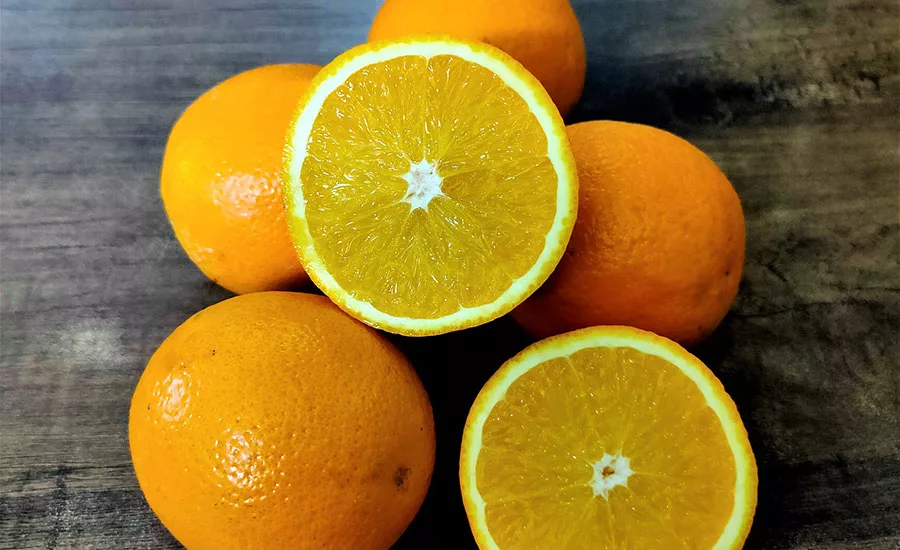BIZTRACKS
Save Foods Completes Preharvest Application Trials on Citrus Fruits

Save Foods, an Israeli-based agrifood tech company focused on developing and selling eco-friendly products specifically designed to extend the shelf life and ensure the safety of fresh fruits and vegetables, has announced the completion of a series of successful trials in conjunction with a leading California academic institution.
As part of the company’s efforts to validate the efficacy of its products, Save Foods is collaborating with several plant pathologists and researcher labs. Recently, the efficacy and impact of Save Foods’ treatments as a preharvest application was validated by a world renowned academic institution in California. The study’s results demonstrate preharvest applications of Save Foods’ treatments are effective in mitigating the presence of decay-causing pathogens on the surface of citrus fruits.
Dan Sztybel, CEO of Save Foods Ltd., the company’s Israeli subsidiary, commented, “Preharvest applications are a natural extension of our existing business model, which until now has focused mostly on postharvest treatments. Save Foods’ postharvest treatments are effective at maximizing the shelf life and safety of fresh produce, and the recent California studies indicate that growers and packers can benefit further from a preharvest application. Any extension of shelf life provides all stakeholders—growers, packers, retailers and consumers—better access to higher quality fruits and vegetables across the supply chain.”
Dr. Art Dawson, the company’s U.S. business manager added, “To really ensure the best quality of the fruit and minimize decay along the food chain, treatment should start in the field and continue into the postharvest stage.”
“The findings in these initial tests indicate that the preharvest applications of Save Foods’ holistic treatments successfully control the pathogens that can cause disease and lead to waste. This corroborates our internal analysis of the company’s products and suggests that Save Foods can offer growers and packers a complete, practical, and environmentally friendly solution to control and reduce foodborne and plant pathogens, helping to ensure they are delivering a safe product across the supply chain, minimizing waste and loss,” Dawson concluded.
Looking for quick answers on food safety topics?
Try Ask FSM, our new smart AI search tool.
Ask FSM →








